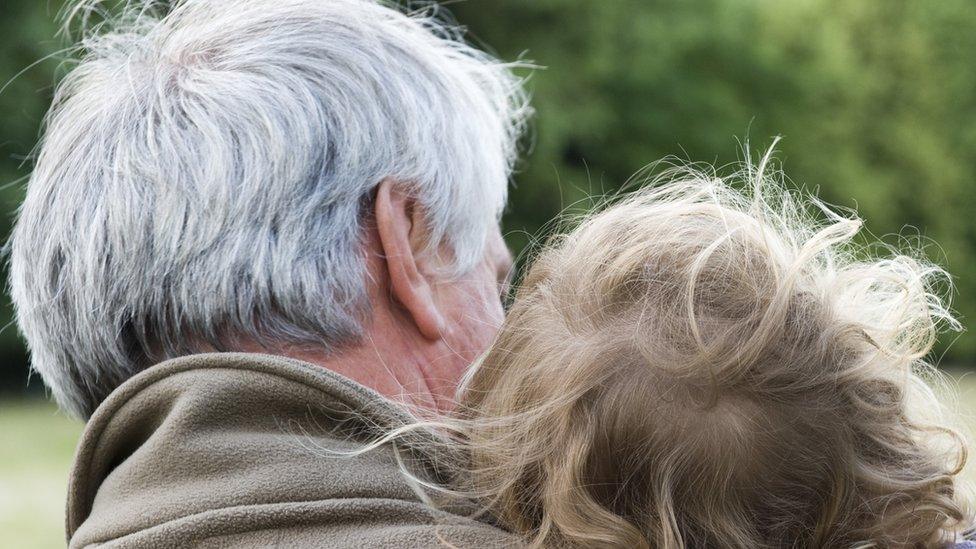Kinship care: Families call for same support as adoptive parents
- Published
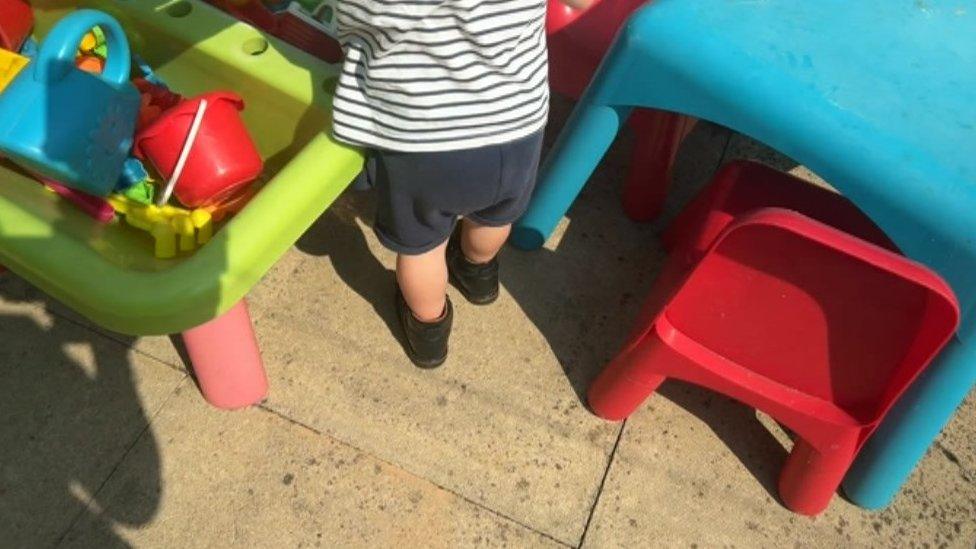
Research by the Kinship charity found a high proportion of kinship carers were being forced out of work due to not being entitled to paid leave
People who take in relatives' children should get the same level of support as adoptive parents, a charity has said.
Research by the Kinship charity found a high proportion of kinship carers were leaving their jobs due to not being entitled to paid leave.
The charity said 68% of employers did not offer any support to kinship carers, such as flexible working hours.
A Department for Education (DfE) spokesperson said a plan for improving kinship care was due to published.
According to the research, eight in 10 kinship carers either gave up work or reduced their hours after taking on the care of a child, the charity said.
Kinship's chief executive Dr Lucy Peake said: "These findings show the sharp contrast between workplace support given to adopters and parents, and that which is available to kinship carers.
"Time and time again, kinship carers tell us that they have been pushed out of jobs because they stepped up to care for a child who was in need of a stable home."
She added there needed to be a legal requirement for carers to have the same access to paid leave and other workplace entitlements as parents and adopters.
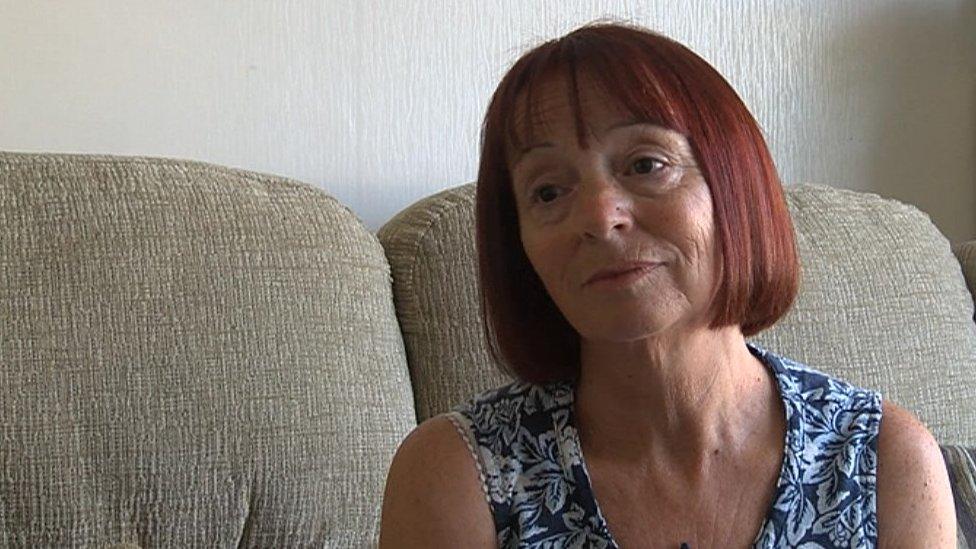
Sandra, from Huddersfield, said she was not entitled to paid leave after taking on the responsibility for the care of a family member's new-born baby
Sandra, from Huddersfield, was given three weeks paid leave after she took on caring for a family member's new-born baby.
However, she said "In the finish I had to give up my job", the former school IT technician added it would have made a difference if she had been given time off on a maternity basis.
HR worker Katie, from West Yorkshire, said her employer had offered support when she found herself in a similar situation.
"I feel incredibly privileged that they gave me the time and the flexibility I needed," she said.
However, she added: "I shouldn't need to feel privileged.
"It's not a privilege for a child to need you to care for them - it should be a given," she said.
In a statement, a DfE spokesperson said: "Kinship carers provide crucial support to some of our most vulnerable children [and] our new children's social care strategy sets out how we will provide them with more support.
"We're also providing £47m to help more children stay in loving homes, including with extended family members, and exploring options for additional workplace entitlements for some kinship carers.
"At the end of this year we will publish a national kinship care strategy," they added.

Follow BBC Yorkshire on Facebook, external, Twitter, external and Instagram, external. Send your story ideas to yorkslincs.news@bbc.co.uk, external.
Related topics
- Published14 December 2022
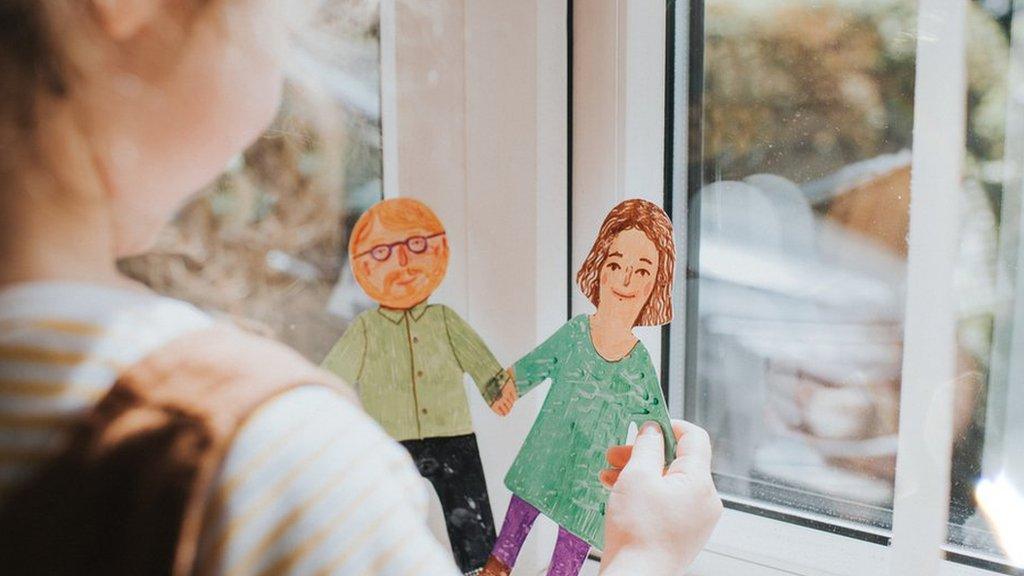
- Published1 July 2022
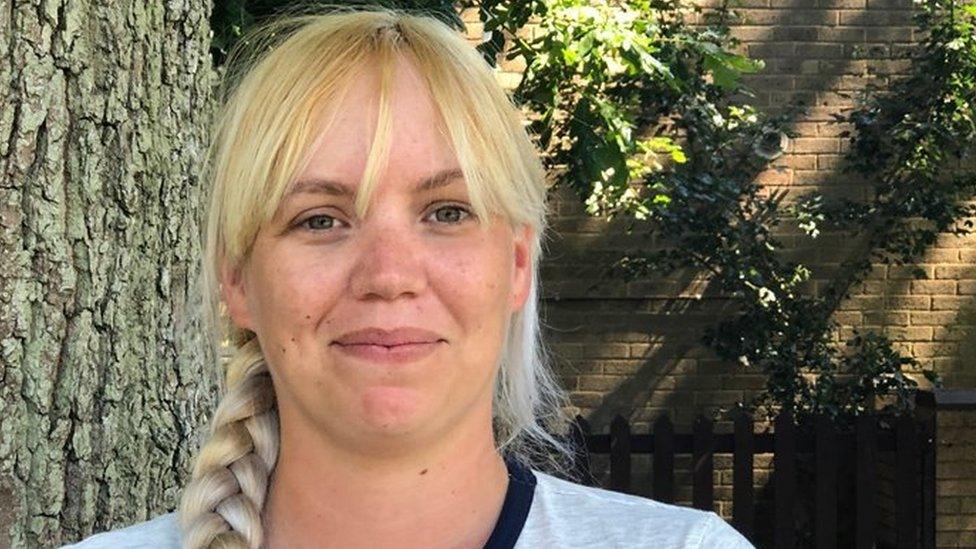
- Published17 February 2022
